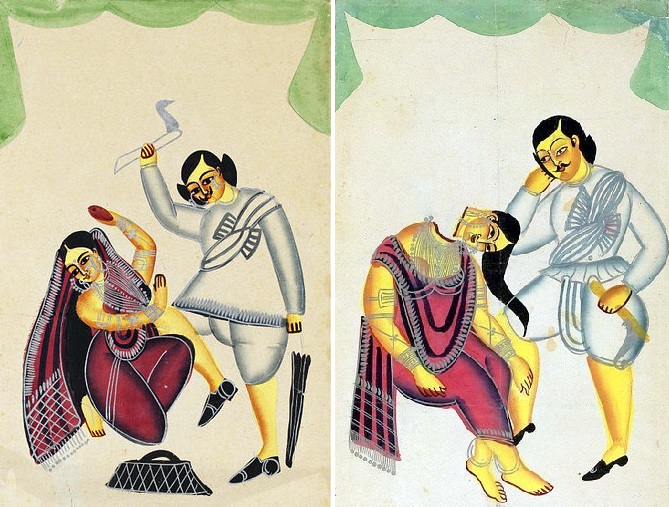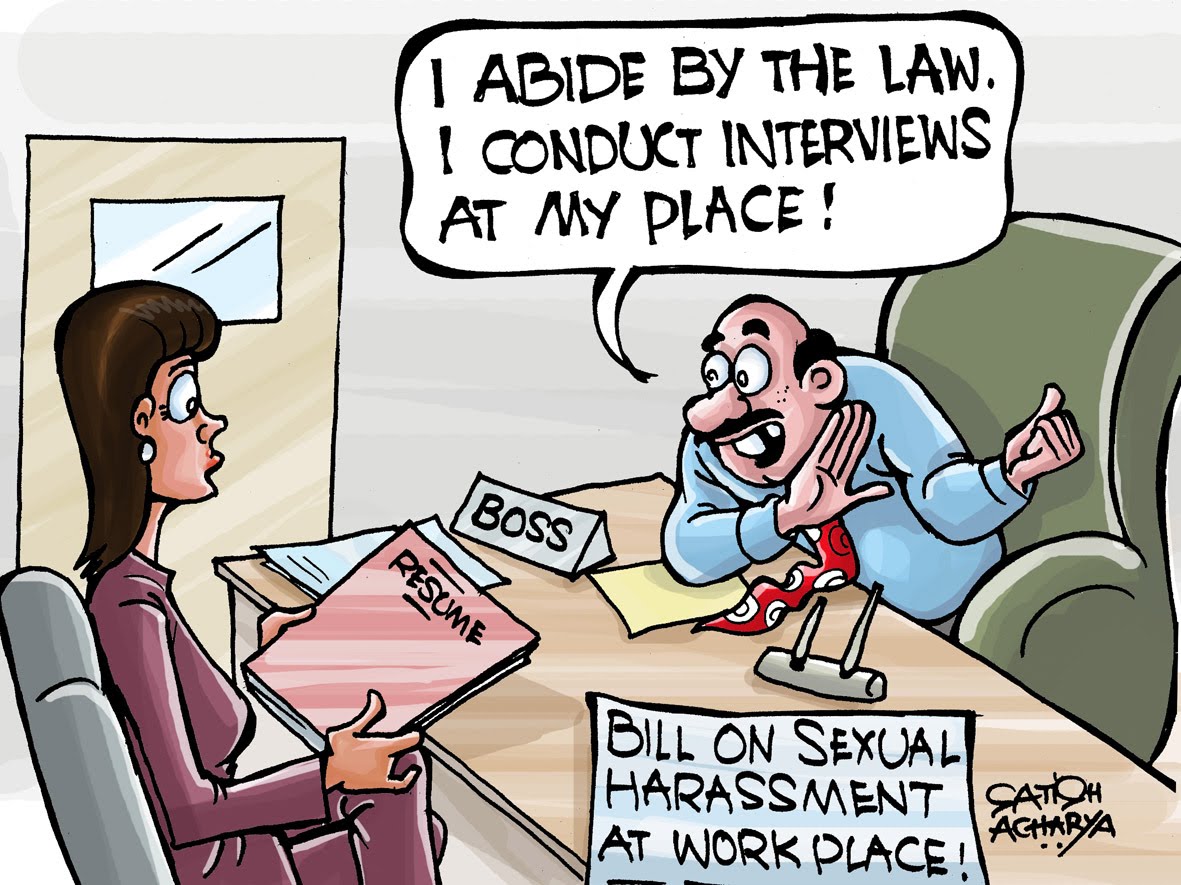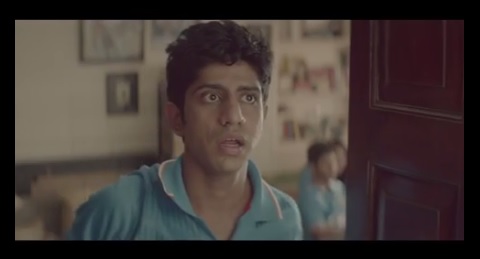What Are Exoplanets And How NASA Detects Life Beyond Our Solar System
Bharti Airtel Set To Acquire Telenor India Within This Year
Google Celebrates NASA’s Discovery Of Seven Earth-Like Planets With An Animated Doodle
Some Home Remedies That Might Sound Bizarre But Actually Work Like A Charm
Akshay Kumar Feels He Has Made Enough Money, Now Wants To Focus On Content & Characters
Delhi ATM Dispenses Fake Rs 2000 Notes From ‘Childrens Bank of India’ With ‘Churan Lable’
Adolf Hitler’s Personal Telephone During World War II Is Up For Auction In The US
From Salman Khan To Rekha, Neil Nitin Mukesh’s Wedding Reception Was Quite A Starry Affair
10 Most Interesting Indian Court Cases Everyone Needs To Know About
Sometimes, I wonder why some Indian films have such boring stories. We are a land rich in source material, especially if you were to get into the real stories this country has to offer. Yes, it's a cliché but India is a great example of how often fact is stranger than fiction. The Indian Judicial System is a treasure trove of such stories. Here are some of the most important and influential cases in Indian history. Read on.
5. Tarakeswar Case (1874)
This case was so (for lack of a better word) 'popular', that authorities had to sell tickets to let people come inside the sessions court. And the story itself is nothing short of a blockbuster. Nobin Chandra slit the throat of his 16-year old wife, Elokeshi, who was apparently having an affair with the mahant of the local Tarakeswar temple. Even though Nobin Chandra handed himself over to the police and confessed his crime, the locals were mostly on his side. The police had to let him go after two years, even though he was serving a life imprisonment while the mahant was arrested and put behind bars for three years. Alternatively, there were also rumours that the mahant had raped Elokeshi on the pretext of helping her out with "fertility issues". This case was really important for that time period because this was seen by the society as one of those moments where the British rulers meddled in the affairs of the Bengali bhadralok and a temple priest, something that was very rare back in those days.

6. Vishakha and Others vs. State of Rajasthan (1997)
Before the Vishakha Guidelines came in, the workplace was dangerous for many women especially in case of sexual harassment. In 1992, Bhanwari Devi was gang-raped by upper caste men in her village because she tried to raise her voice against child-marriage. Due to gross negligence, the vaginal swabs collected from her body were taken 48 hours after the incident. Ideally, it should be done so within 24 hours. Shockingly, the judge presiding over her case (this was the seventh judge after six others were removed) acquitted the accused, even going so far to say, "Since the offenders were upper-caste men and included a brahmin, the rape could not have taken place because Bhanwari was from a lower caste." Following the outrage over this acquittal, Vishakha and some other women's groups filed a PIL against the State of Rajasthan and the Union of India, forcing the latter to adopt the Vishakha Guidelines which now protects working women all over the country.






